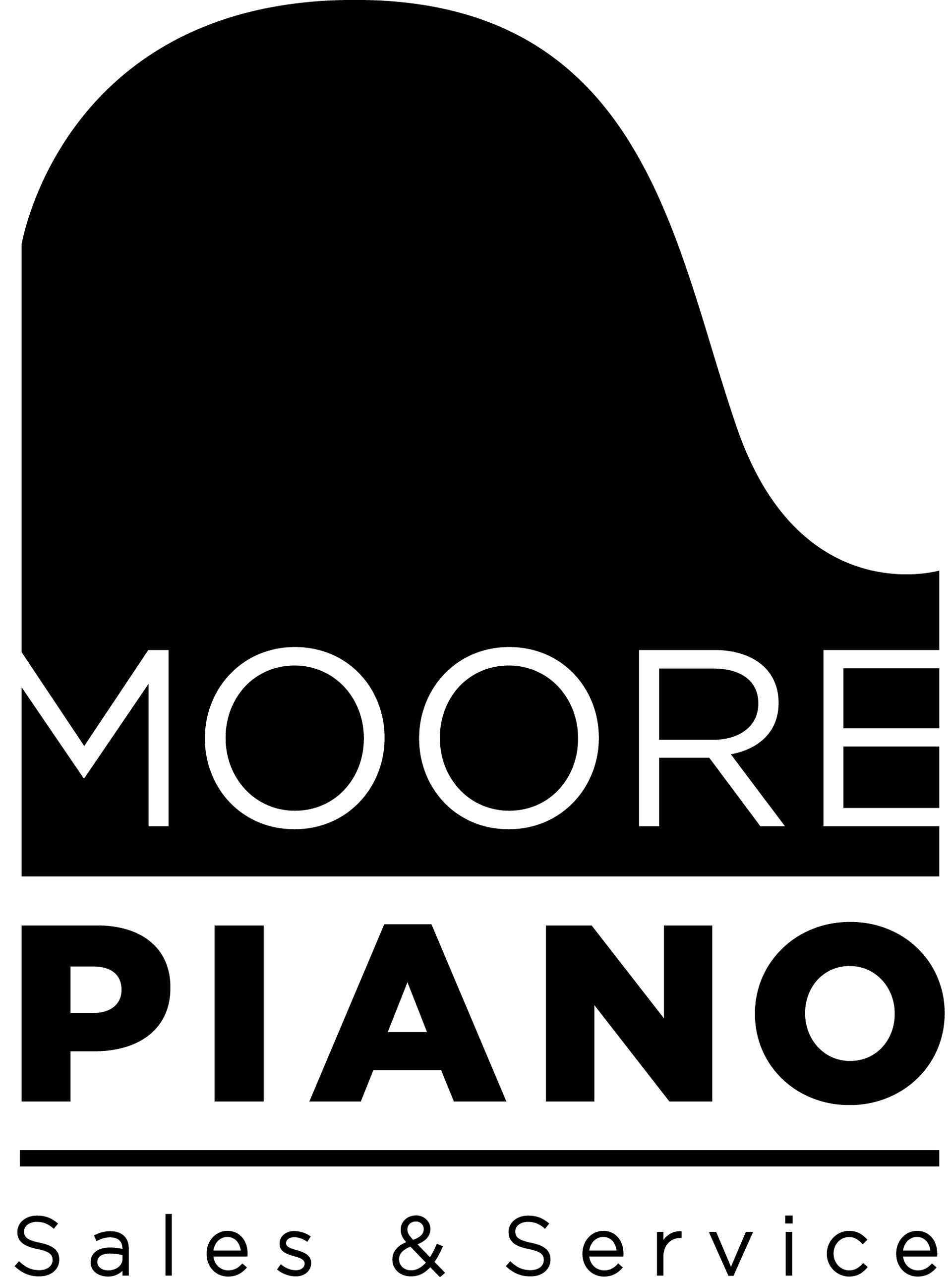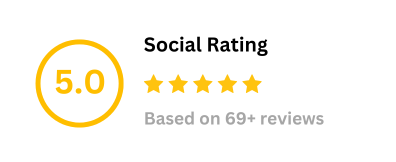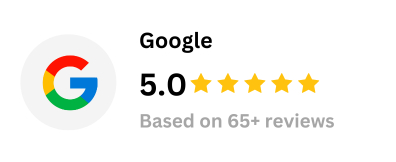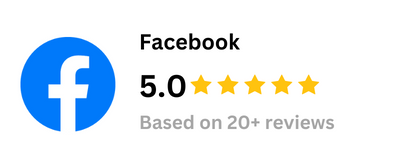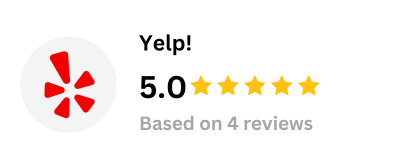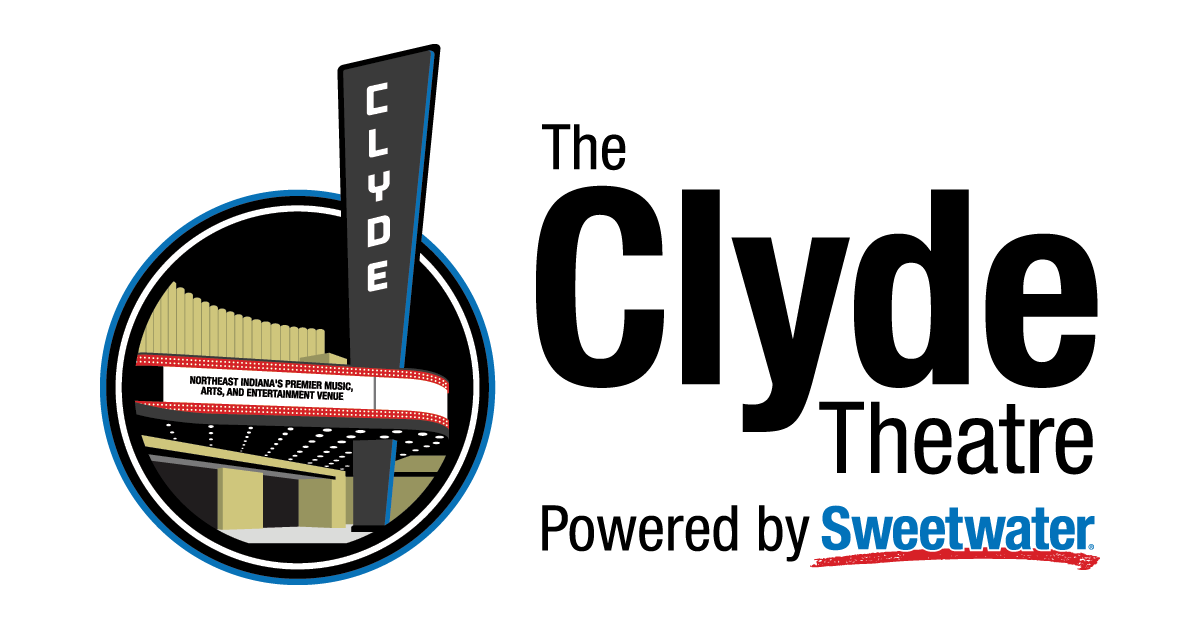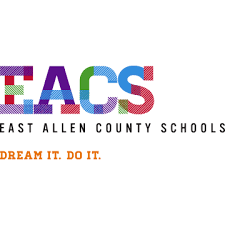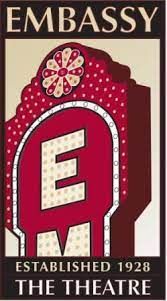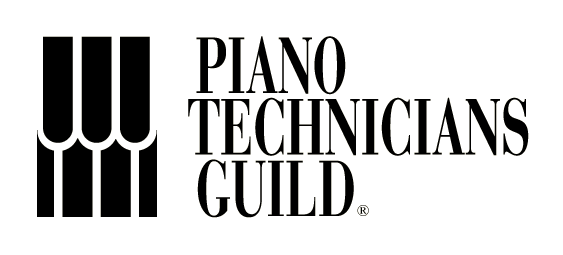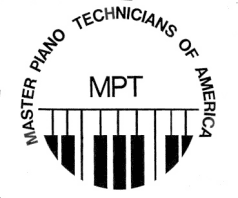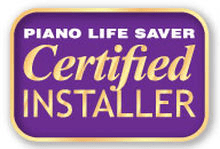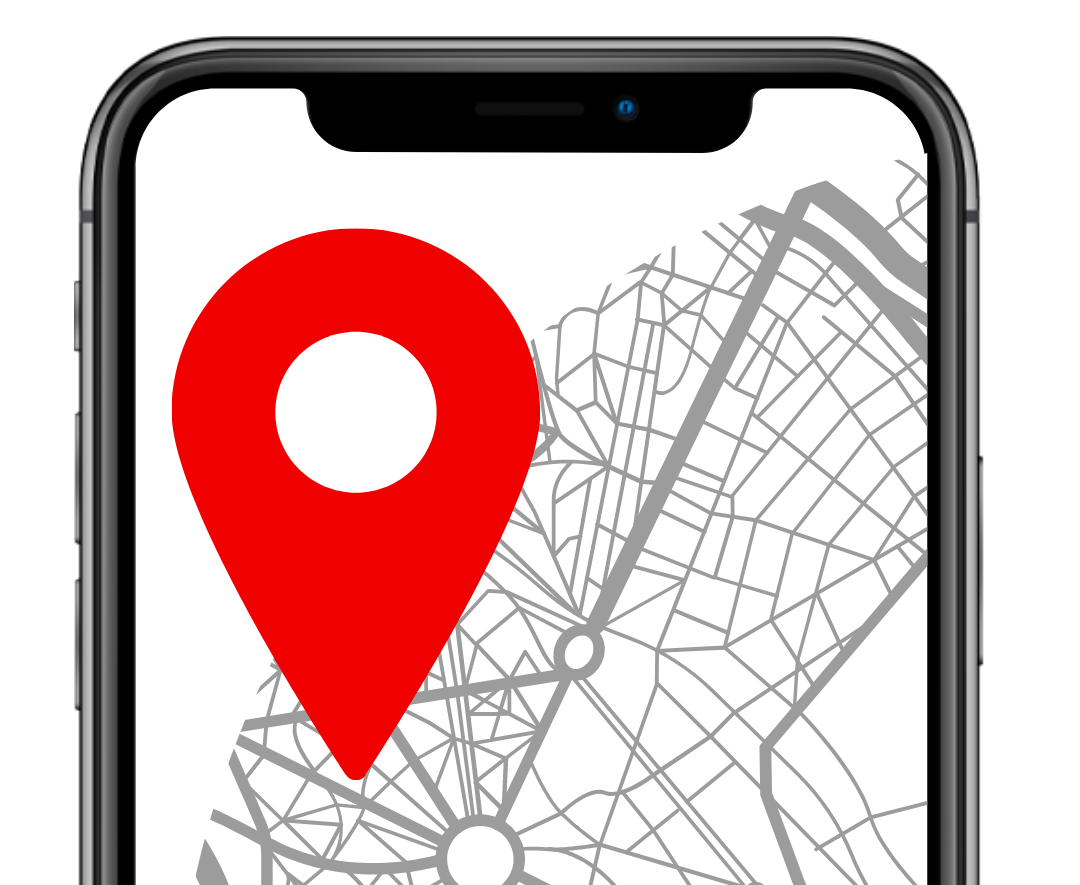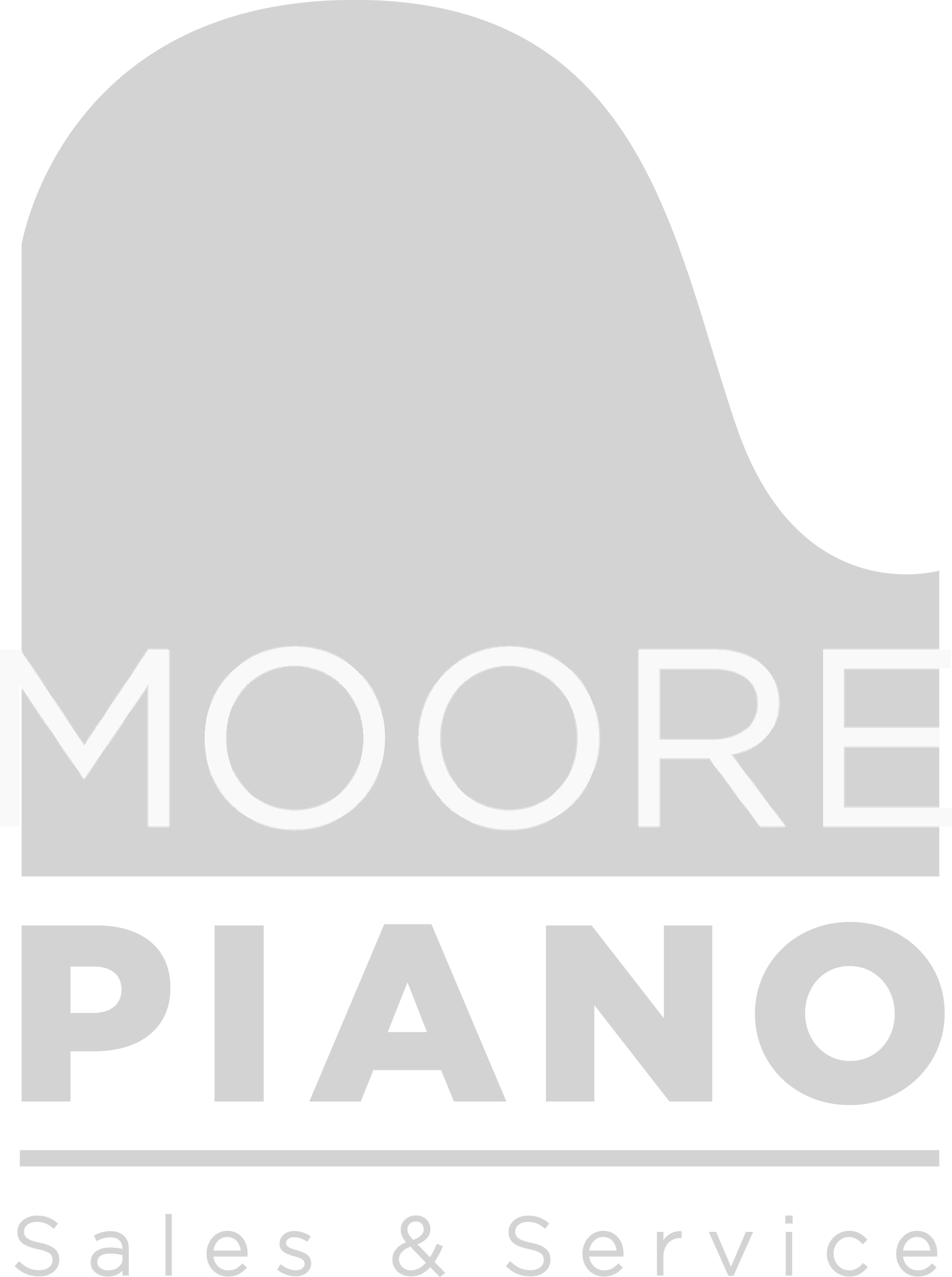Unmatched Piano Tuning in NE Indiana & NW Ohio
Hire the Best Local Piano Tuning & Repair Services Company!
⭑⭑⭑⭑⭑
"We could not be more satisfied with our experience with Moore Piano!"
✔ Contact Us
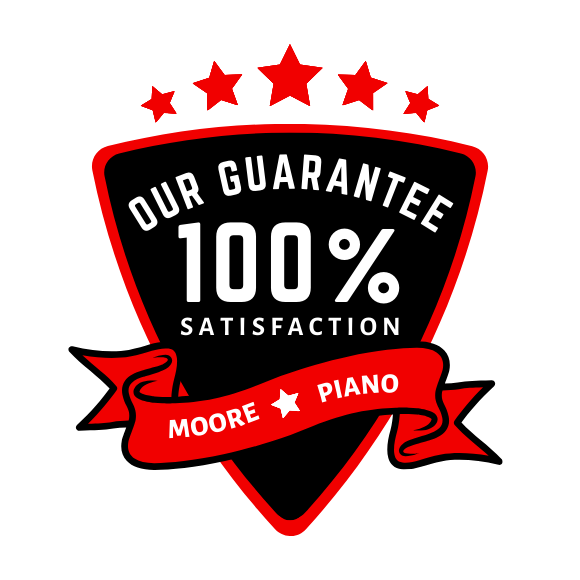
Trusted Piano Tuning
Our Piano Tuning Service
Piano tuning is very important for musicians of all levels, whether they be performers, music students, or just occasional piano players.
Piano technicians tune pianos to what is known as A440, which has a frequency of 440 Hz and represents the note of “A” above middle C. It has been the recognized international general tuning standard for musical pitch since 1939.
This means that just about all professionally recorded or performed music that you listen to will use this standard, so it’s what our ears are used to hearing.
Our Piano Tuning Features
Unfortunately, changes in humidity affect the wood in a piano, which changes the pressure on the piano strings and over a period of time will cause it to no longer be tuned to A440.
In fact, if a piano goes long enough without being tuned, it will eventually get to the point where the note actually being played is half-step higher or lower than the key being pressed.
In other words, if you press middle C on a severely out-of-tune piano, you might actually hear C#. That dramatically changes the sound of chords, and not in a good way! That’s one reason it’s important for a piano to be tuned at least 1-2 times a year.
Another reason is that a piano has thousands of moving parts, and sometimes those parts start to wear out. During a routine piano tuning, we can find parts that are starting to wear out and replace them before they break. See our page on piano repair services for more information.
Our Piano Tuning Cost
Our piano tuning services are very affordable. We have three different options for our services depending on what type of maintenance your piano needs.
Basic Service Appointment: $215
Our basic service appointment includes fine tuning of your piano, minor repairs, and a few other important items that increase your playing enjoyment. This would be your best option if you’ve been maintaining your piano on a regular basis. It includes
- Fine tuning of piano
- Tighten plate bolts & bench legs
- Clean keys
- Adjust pedals
- Minor regulation adjustments
Tuning and Pitch Adjustment: $285
If your piano hasn’t been tuned in two years or more, the pitch will probably need to be adjusted. This basically means that the piano is tuned twice—once to get everything up to tension, and then a second tuning to fine tune it.
Our tuning and pitch adjustment service includes everything in the basic service appointment plus a second tuning.
Full Service Appointment: $465 (a savings of $50 vs booking each service separately)
If you have recently purchased a used piano, inherited a piano, or received a used piano as a gift, you’ll probably want a full service appointment.
The full service appointment includes the basic service, a pitch adjustment, and a full piano cleaning. The cleaning will remove dust, dirt, and other contaminants (including possibly mouse droppings) from your piano, which will not only make it sound better but will also keep you healthier.
The price for the full service appointment is a 10% discount off of the price of a basic service, pitch adjustment, and cleaning if all those services were purchased separately.
Piano Tuning for Churches, Schools, and Nursing Homes
Moore Piano offers a 10% discount on our piano tuning services to churches, schools, and nursing homes.
As public buildings, churches, schools, and nursing homes are subject to EPA requirements for inside air quality. The HVAC systems in these buildings must replace the air in a room more often, which makes humidity very hard to control. This can be very rough on the tuning of pianos.
Due to this, we recommend that churches and nursing homes should have tunings at least twice per year if they do not leave their climate control systems on all week.
Schools can typically get by with one tuning per year unless they have an advanced piano program, then tuning is recommended at 2-4 times per year.
Our Piano Tuning For Private Homes
Private homes can typically get by with one tuning per year. However, if there is a very advanced or serious piano student that practices daily, or other instruments that are played along with and are tuned to the piano, we recommend two tunings per year.
If a pitch raise was required at your last tuning, you’ll need at least one tuning after six months due to the instability of the strings.
Private homes may also notice their piano going out of tune faster if they enjoy having open windows in the spring and fall or if it is near the front door, due to rapid and frequent changes in humidity.
FREQUENTLY ASKED QUESTIONS
About Piano Tuning in NE Indiana & NW Ohio
How often does my piano have to be tuned?
We recommend at least one tuning per year for all pianos. If the piano is in an environment that is subject to frequent changes in humidity (such as a public building), or if it is being used by advanced piano students, then two or more tunings a year will probably be required.
In addition to making sure your piano sounds good, frequent tunings also help discover parts that might be wearing out so they can be replaced before they break.
How long does a piano tuning take?
A piano tuning typically takes between 45 and 75 minutes. If it needs a pitch raise, it will be closer to two hours.
How do you measure tuning?
Piano tuning is measured in a unit called cents. One hundred cents is a half step—for example, from A to G sharp. Fifty cents would be a quarter step.
What causes a piano to go out of tune?
Any time the humidity changes, the piano will change its tune. Typically, a 1% change in humidity can make a half cent change on the tuning. So, a 20% change can make a piano go flat 10 cents.
Can I tune my own piano?
Tuning a piano is harder than it looks. It takes many years of study to become proficient at it, and also requires many specialized tools. If you don’t know exactly what you’re doing, you could very well damage your piano by attempting to tune it yourself. When it comes right down to it, you’ll end up spending more time and money trying to tune your own piano than you would if you had just hired a professional in the first place.
